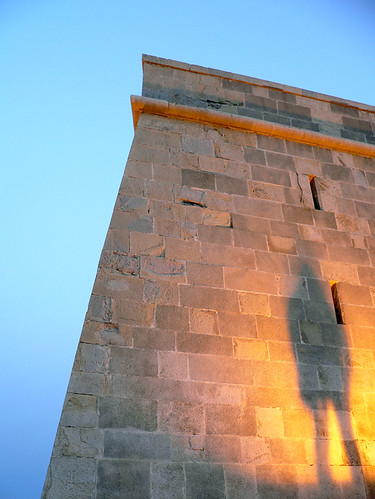
During one of my courses, the instructor encouraged us to have “if not a whole foot, at least a toe” inside some sort of primary or secondary school setting. Of course, still being a teacher, I don’t really have a hard time getting a foot into that door. On the other hand, and this goes back to the previous border crossing post, such foot or toe dabbling doesn’t occur very frequently from the other side of the fence (most teachers don’t wade all that deeply into a research pool – I think there are a lot of explicit barriers that shy teachers away from considering this as viable).
What’s more, in addition to still being connected to schools in general, I think there is an importance in staying somewhat outside of the academy in some sense. That is, get outside of the academic head space once in awhile. One of my concerns about diving into this PhD program, in addition to ensuring I have time for my students, is that for the next few years I’ll only read texts and books purely about education. Yes, it is my primary interest at the moment, but I think it’s important to place oneself in a body of literature that moves outside of traditional educational boundaries. This is what the Beyond Pedagogy group was aimed toward. When going through the Masters program, I can’t underplay the importance the Chronicles played. Similarly, the inquiry that came out of it probably wouldn’t have been the same without knowing the Gaviero was out there somewhere. Aside from acting as some sort of geeky refuge, such “non-required” reading helps provide the kind of outside perspective that helps provide the impetus for new ideas. Think of it as like one’s reading vegetables – they’re good for you!
As anticipated, the workload for these classes is substantial. However, I’ve set aside In Praise of Shadows and The Invention of Morel as occasional buoys in a sea of Ed. Theory.